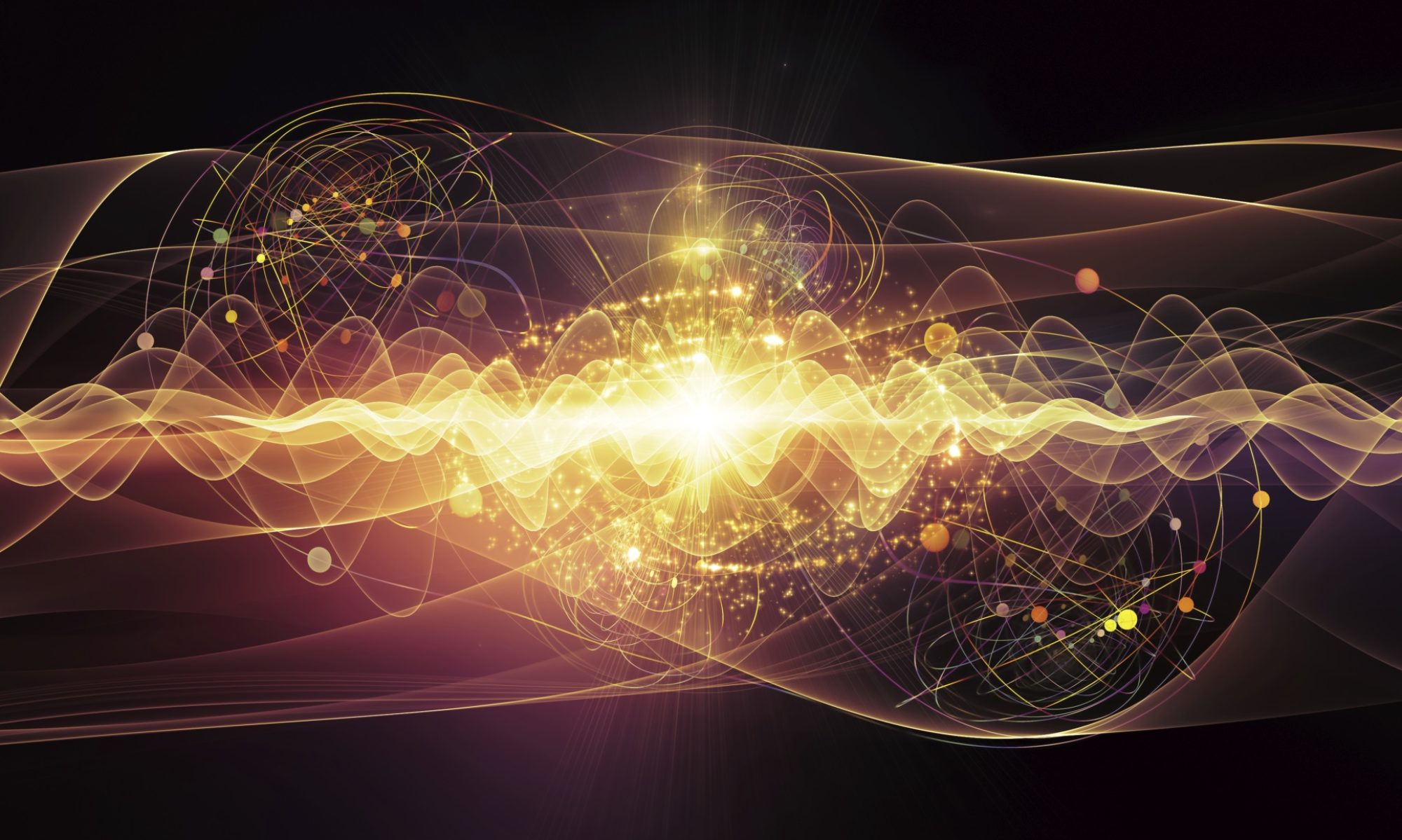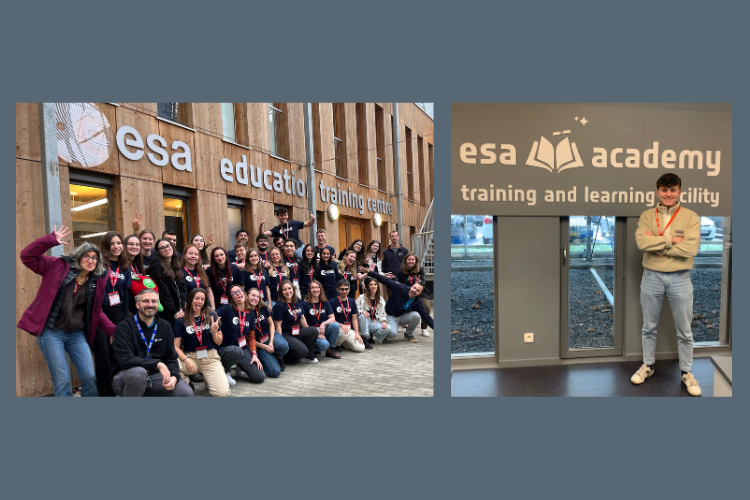Looking to build experience? Want to learn about opportunities after graduation? Participation in external courses may be the answer. Oliver Pattle, student on the MSc in Astrobiology and Planetary Sciences, shares feedback on the skills developed and insights gained as part of a week-long European Space Agency course he attended. Read on, and aim for the stars…
About ESA Academy
The European Space Agency’s (ESA) Academy Programme hosts a handful of training courses each year for undergraduates, postgraduates, and PhD students from ESA’s 22 member states, ranging from aerospace engineering, biological science, and medical topics. The week-long courses allow networking with other students from diverse scientific backgrounds, ESA-related researchers, astronauts, and key players within the space sector. Human Space Physiology is the course that I attended, hosted at the European Space Security and Education Centre (ESEC) Galaxia, in collaboration with ESA’s Space Medicine Team and European Astronaut Centre. At ESA Academy, students represented their university while learning from in-person lectures, problem-solving in group projects, and taking various tours around ESA’s Belgium facilities – including the Redu ground station for ESA space missions.
Experience
The academy was comprised of 30 students with academic backgrounds in medicine, aerospace, computer science, biological sciences, and astrobiology. The chance to network with students with different scientific expertise allowed for a platter of interesting stories, ranging from personal experiences in astronaut selection, innovative research, and the various paths we all took that led us to be in the same room as one another. As an MSc student in the new Astrobiology & Planetary Sciences course at The University of Edinburgh, everyone was extremely curious about what this MSc entails, the types of research, and my path into astrobiology.
The Human Space Physiology course material supplied by guests ranged from implications of space (microgravity, radiation, and nutrition) on astronauts and how to combat these issues, the latest research innovation in medical systems for the upcoming Artemis and Gateway missions, training as an ESA astronaut, space-Earth analogues, and current PhD opportunities. As I cannot list all 21 fascinating talks, the most memorable cherry-picked moments were listening to Herve Stevenin, an aquanaut who prepares astronauts for extravehicular activities (EVAs) in the Neutral Buoyancy Facility, touching upon how he trained the UK astronaut, Timothy Peake. Another inspiring moment was listening to 1992 ESA astronaut, Reinhold Ewald, who carried out his work on the MIR space station, the ancestor of the International Space Station (ISS) we know today. Reinhold spoke about the fire which broke out onboard the MIR station and the protocol for dealing with such an emergency. Reinhold also brought along recently picked ESA astronaut, Carmen Possnig, who discussed her transition from Antarctic research to astronaut selection. Listening to the amount of innovative medical research happening to prepare humans for near-future space exploration is inspiring. Getting to learn about the implementation of augmented reality and artificial intelligence to assist medical procedures in space was truly astonishing.
Skills Developed
Aside from the lectures and tours, we carried out group projects orientated around current topics in Artemis and Gateway missions. The project I was allocated was on Lunar locomotion, specifically reviewing Apollo and Low Earth Orbit EVA studies to suggest improvements for safer EVAs once we land back on the Moon by the end of the decade. This experience built collaboration, teamwork, and presenting skills – good practice for any student looking for a research career. Towards the end, we all presented the projects to the whole cohort, with questions from experts and students.
Overall, this experience allowed insight into the research ESA and partners are currently conducting to understand and better adapt humans for space exploration endeavours. This allows students to network with space experts one-on-one during coffee breaks, build connections, lay early career foundations, and discover opportunities that are available at ESA – such as internships, young graduate trainee positions, fellowships, and being able to fly your research with ESA. Researchers who speak during this course even offer PhD positions in Europe for space-related medical and non-medical projects, which is fantastic for any student looking to take that next step in their academic career.
Future Career Goals and Current Studies
ESA academy leaders shared throughout the experience the path previous students took after completing similar ESA academy programmes. A handful of students managed to conduct research projects with ESA and partners, with one student even being picked as an ESA reserve astronaut – potentially the next generation of lunar explorers.
In my career, I aspire to be involved in advancing human space exploration, not to only stretch our understanding of the solar system, but the astrobiology-microbiology related research that follows it. I believe the MSc in Astrobiology and Planetary Sciences helped in my application for this experience, supplying an interdisciplinary toolkit that showed overlap, even in human physiology. Human exploration into space is a contribution of many sciences which is why students from any STEM background have an opportunity to apply. I learnt aspects that will help in my master’s research project related to in-situ resource utilisation – a sustainable closed-loop economy to host humans on other planetary bodies without fully relying on Earth’s resources.
Message for Students
If you are a student interested in a space-related career or even just curious to learn, I highly recommend applying. The experience allows students with different academic backgrounds to expand their knowledge and perspective, even learning about space exploration for the first time. These courses are not solely about teaching space-orientated topics, but fundamental industry and academic skills. The whole of this ESA experience was kindly funded by ESA Education, meaning students have nothing to lose from this experience and all to gain.
Further information
Learn about opportunities on the ESA Education website.




What an insightful reflection! So fortunate to be a part of the masters program alongside of Olly!